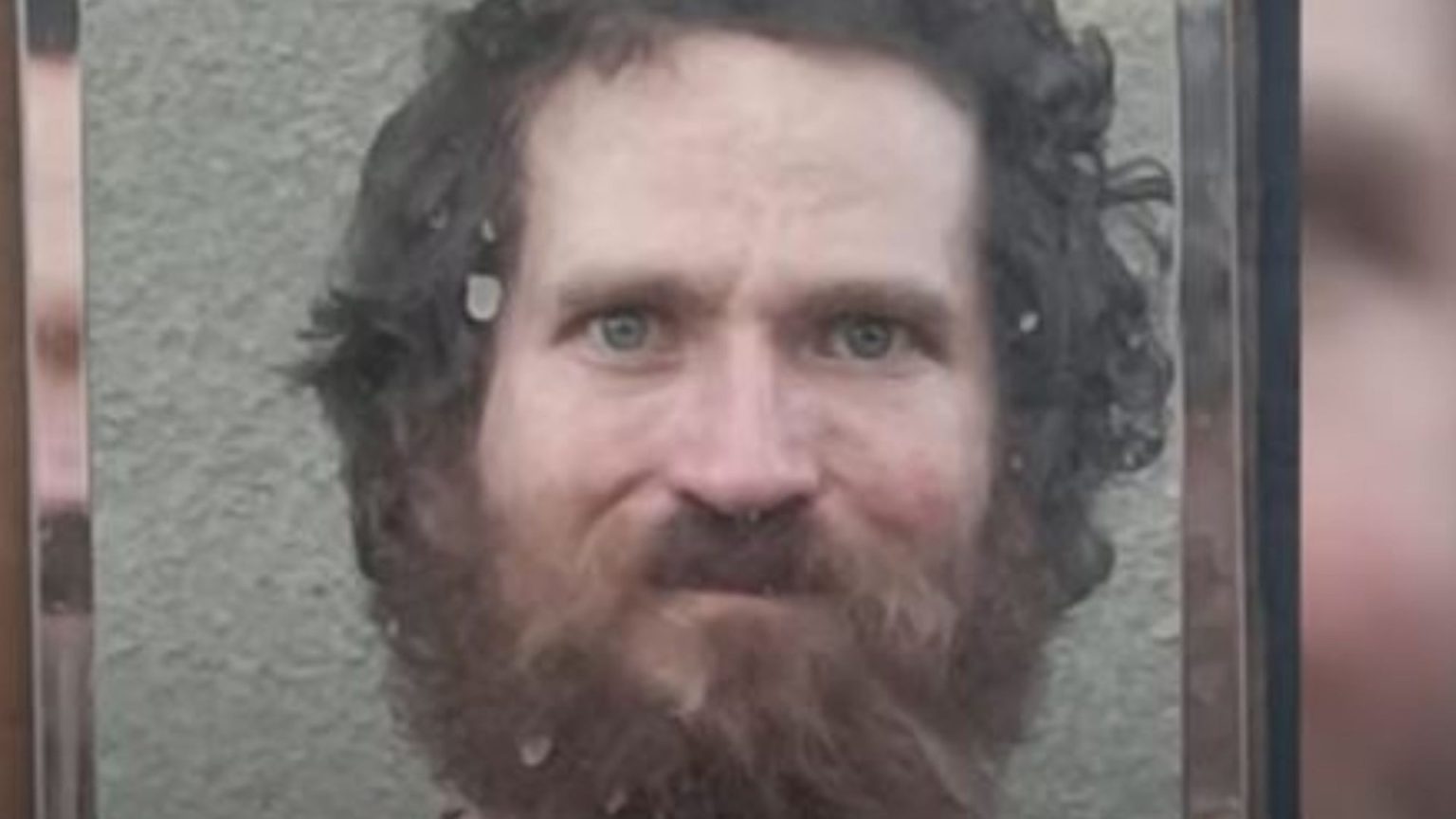Gennadyi Zelenyi, a Ukrainian marine from Mariupol, endured a harrowing nine-month ordeal behind Russian lines after narrowly escaping execution. His story began with the chilling premonition of a friend’s phone call, warning of an impending Russian invasion. Hours later, the invasion commenced, plunging Ukraine into war. Zelenyi, part of the 503rd Marine Battalion, was thrust into the immediate chaos of combat, participating in early skirmishes that saw him and his comrades capturing Russian soldiers and their equipment. However, the tide quickly turned against the Ukrainians as they became trapped within Mariupol, encircled by Russian forces. The escalating bombardment, particularly the devastating KAB bombs, transformed the city into a living hell. Amidst the carnage, Zelenyi formed a bond with a resilient 70-year-old comrade who embodied the unwavering spirit of resistance. Tragically, this elderly fighter, along with another of Zelenyi’s comrades, an IT specialist with no military experience, fell victim to the relentless Russian onslaught.
Reduced to a two-man unit, Zelenyi and his remaining companion attempted a desperate escape to the Azovstal steel plant, a last bastion of Ukrainian resistance. During this attempt, an explosion claimed the life of Zelenyi’s friend, leaving him alone and wounded. Seeking refuge in a looted building, Zelenyi donned civilian clothes and returned to his damaged apartment, joining the survivors sheltering in the basement. An act of selfless bravery, rescuing a family from their burning home, led to Zelenyi’s capture by Russian-backed DNR forces. He was brutally beaten and robbed of his possessions before being taken to an unknown location.
Zelenyi’s captors accused him of belonging to the Azov Brigade, a claim he vehemently denied. His insistence that he was a marine resulted in further violence, leaving him with shattered teeth. He was sentenced to execution and marched to an abandoned church alongside other Ukrainian prisoners. Kneeling before their executioners, the prisoners were shot one by one. Miraculously, the Russians halted the executions just before Zelenyi’s turn, forcing the surviving prisoners to load the bodies onto a truck. Believing himself a dead man walking, Zelenyi was inexplicably spared and returned to the DNR headquarters. Held captive for several weeks, he seized an opportunity to escape, climbing down from the second floor of the building and vanishing into the war-torn city.
His freedom was precarious. Civilians who recognized him as a former captive threatened to turn him in, forcing him to flee once more. Carrying only his passport and watch, Zelenyi navigated the ravaged streets of Mariupol, aiming to reach the Azovstal plant. His journey was a nightmarish odyssey through a landscape littered with corpses and destroyed military equipment. He eventually reached the left bank of the city, only to discover it was now under Russian control. Facing starvation, he consumed dog food and drank from puddles. Avoiding the Russian filtration process at a local school, he sought refuge in a basement provided by an acquaintance.
Confined to the basement for six months, Zelenyi focused on survival. He used pliers to extract a broken tooth, stitched a wound on his leg, and endured the gnawing pangs of hunger. Driven by desperation, he hunted pigeons and stray dogs, supplementing his meager diet with rotten potatoes and other scavenged scraps. The isolation and constant fear took a heavy toll, but he maintained his vigilance, sleeping only in short bursts and remaining constantly alert. He grew a beard, injured his knee, and adopted a limp, hoping to disguise himself from potential captors. He scavenged for anything to keep warm during the harsh winter months, adapting to the grim reality of his existence.
As time wore on, the Russian occupation brought a semblance of order, and humanitarian aid began to arrive. Zelenyi managed to obtain a SIM card and a phone, allowing him to connect to the internet in the attic of the building. Overcoming his initial fear and the challenge of forgotten passwords, he finally reconnected with the outside world. His messages to family and friends were met with skepticism, requiring careful verification to prove his identity. Once confirmed, he received updates on the ongoing war and the precarious situation outside Mariupol. He realized escaping on foot was nearly impossible, with the front line 80 kilometers away.
The arrival of winter brought harsher conditions to the basement, as rats threatened his dwindling food supply. New Year’s 2023 arrived, finding Zelenyi still trapped in his subterranean hideout. A glimmer of hope appeared when the Ukrainian Navy contacted him with a daring, albeit risky, escape plan. Recognizing that remaining in the basement was no longer an option, Zelenyi embraced the slim chance of freedom. On February 13, 2023, after a perilous four-day journey spanning over 1,000 kilometers, he finally reached Ukrainian-controlled territory. The relief of his liberation was tempered by the lingering trauma of his ordeal.
Zelenyi’s reintegration into normal life proved challenging. He struggled with sleep, communication, and the psychological scars of captivity. The abundance of food in a supermarket overwhelmed him, a stark contrast to the deprivation he had endured. He attributes his survival to his military training, his intimate knowledge of Mariupol, and, perhaps unexpectedly, his care for stray cats during his time in hiding. But above all, he credits discipline as the defining factor that kept him alive when motivation faltered. Zelenyi’s story is a testament to the resilience of the human spirit in the face of unimaginable hardship, a testament to the enduring power of hope amidst despair.




